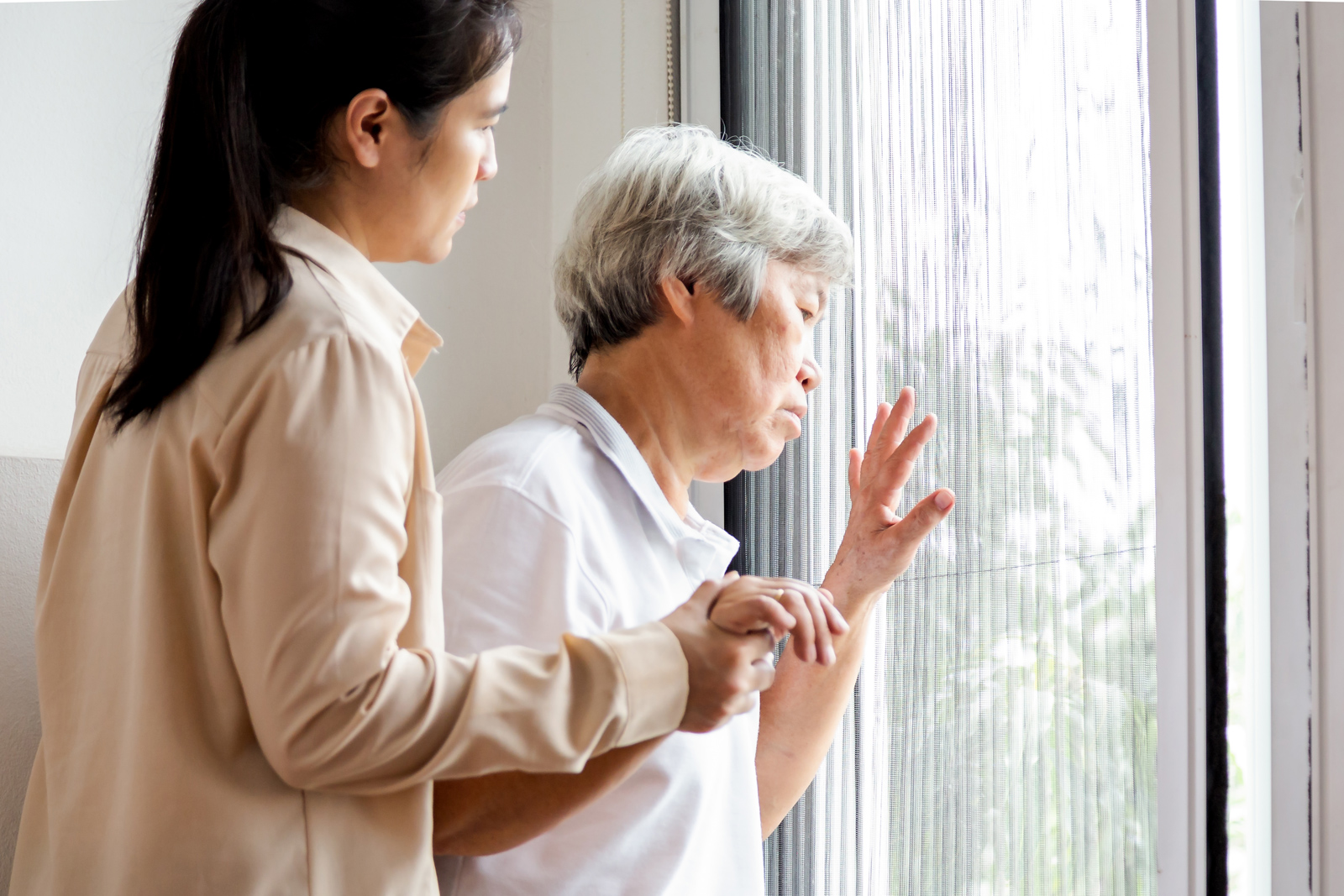It can be difficult to accept a dementia diagnosis, and understanding the reason behind the denial is important to coming up with strategies to help your loved one.
Receiving a dementia diagnosis can be harrowing—it’s normal for the person who has been diagnosed to feel a range of negative emotions, from sadness to frustration, or even outright denial.
Continued denial can pose problems when your loved one refuses to accept help in future, or continues activities like driving even when it has become unsafe for them to do so. The refusal to acknowledge that they are experiencing memory or cognitive difficulties could be due to fear, or a genuine inability to understand that there is a problem. It is important to identify the reason why your loved one is denying that they have dementia, so that you know how to tackle the problem.
Anosognosia
In some cases, your loved one’s struggle to acknowledge their condition does not stem from an active effort to deny the signs, but rather is due to an inability to understand that there is an impairment. Known as anosognosia, changes in the brain means that the individual truly believes that there is nothing wrong with them. This can be frustrating to deal with as a caregiver, but it is important that you acknowledge that this is not the fault of your loved one, and accept it for what it is.
With anosognosia, no amount of evidence will convince your loved one to accept their diagnosis. Instead, you will need to come up with caregiving strategies working around this. As long as it does not pose a safety issue, it is okay to let them keep helping out around the house, even if it means you must go back and do it again after.
If you believe that your loved one as anosognosia, it is important to consult a psychologist in order to get a proper diagnosis. A medical professional will also be able to better advise you on how to proceed.

Fear
Denial of a dementia diagnosis often stems from fear—there’s just something about accepting the condition that makes it seem more real.
Right after the person has received their diagnosis, it is okay to give them some time and space to think about it and how they want to approach the situation or proceed. However, if they continue to deny their diagnosis, you will want to try and support them.
One of the things you can do is to find out more about the dementia support groups or therapies run by ADA or other organisations. Attending these with other people with dementia and seeing how they are still capable of living meaningful lives and having fun can be helpful in assuaging any fears they have, and allow them to come to terms with their diagnosis.
It’s also important to stay calm and supportive. Persons with dementia can live full and fulfilling lives with your support, especially at the early stages. Check out the stories of dementia advocates from ADA’s Voices For Hope programme, and other inspiring persons with dementia like Kate Swaffer and George Chong, who are embodiments of the fact that life does not come to and end because of a dementia diagnosis; rather, it is a new adventure.



